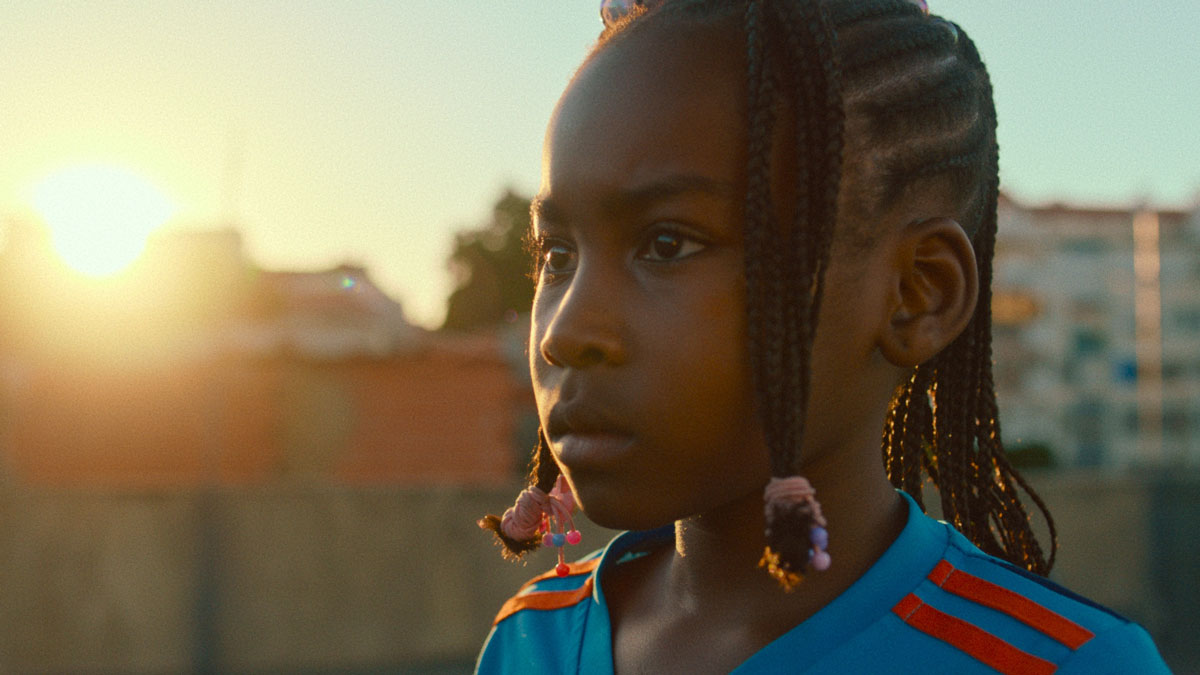
The Competition Programme: In Unison
The Competition programme of this year’s edition of the Interaction Festival features fifteen short documentary achievements, which highlight the constant range growth of documentaries in worldwide filmography with their abundant themes and stylistic decisions. Documentaries from the most notable international festivals – Berlinale, Venice and Locarno, Sundance, Hot Docs, Dok Leipzig, IDFA and Clermont-Ferrand – will be competing for the Best Film Award, Audience Award and Youth Jury Award.
The programmer of the Competition programme is Dejan Petrović, producer, screenwriter and director, the founder and director of the Independent Film Center “Filmart” and programme advisor is Andrew Mohsen, a film critic, script consultant, and head of programming of El Gouna Film Festival.
“The fifteen short documentaries chosen for the competition programme of this year’s Interaction Festival uncover all of the diversity and richness of this medium by depicting even the most various aspects of reality. These films undoubtedly push the boundaries of documentaries, and many of them will make us wonder what a documentary actually is today. Through the intertwining of reality and fiction, recorded and archival material, use of animation, partly or fully, these films subtly suggest, indicate and make us contemplate the problems that concern all of us”, Petrović stated on the selection.
The films the audience will get to see equally value intimate subjects, such as the friendship between two elderly neighbours in 1001 Nights, by the Croatian director Rea Rajčić, and larger scale problems – geopolitical conflicts, ecological devastation, attitude towards historical milestones… The use of archival material is especially noticeable in achievements which use the first-person narration to contemplate the relations between the personal and collective experience from the past. Thus, the director of the film My Father, Pegah Ahangarani, reaches for that ample audiovisual archive in an attempt to paint the portrait of her father, as well as the society he operated and shaped himself in. Mariana Alberti, the director of the documentary Aitana does the same, at the moment when her mother’s memory starts fading due to a surge of amnesia. The cinematic achievement In Flanders Fields reassesses the memory of the space itself, by superimposing photograph cut-outs (along with audio recordings, letters and poetry) of Indian units in World War I into the recordings of Flanders fields. The Ukrainian director Marta Smerechynska’s short film One Aloe, One Ficus, One Avocado and Six Dracaenas is narrated in first person as well, as a reminder for us to think about – what is it that one has a need to bring with oneself when survival is a matter of uncertainty. The relationship between man and nature also permeates many of the films, most often as a reminder of the scale of a (potential) disaster. In Object 817, it resides in the past, in village in Ural, at the scene of the first nuclear accident in USSR and its consequences that last until today, while The Veiled City introduces a sci-fi tone to the docu-fictional game of the city symphony genre, where the consequences of pollution shape lives in the centuries that are about to come. Terra Matter – Mother Land, yet, subverts the landscape – adorned with cast-away electric devices, the personification of Mother Earth rules over the endless garbage dump in sublime-feeling shots. The sublime feeling is also sparked by Portrait of a Dying Giant – where the workers repeatedly overcome the deafening sound, size and might of the mining machinery in Bor. As it is the scene of many antagonisms of the contemporary world outside of an actual battlefield, in her film A Move, director Elahe Esmaili tries to make a move in the understanding of female bodily autonomy and identity. 2720 too doesn’t find its existential uncertainty on the frontlines, but in a poverty-stricken neighbourhood in Lisbon, where the camera alternately follows the protagonists without stopping, circling around them the entire time. Opposite that, in the film Been There, there is a humorous but also pensive detachment from the static views of beautiful tourist destinations (such as Lisbon) that should also be seen. Meditation on travelling and moving in Aqueronte also uses the voyeuristic gaze, however the direction changes: from profanation to mythologizing of the view. Formal experimentation is especially present in playing with the visuals and authenticity/generic nature in the documentary Au Revoir, Pugs. Finally, there is also the animated documentary Teacups, which rounds up the formal, stylistic, narrational, thematic and conceptual variety of the selection.
The third edition of the Interaction Festival, dedicated to short creative documentaries, will be held from the 20th until the 26th of August in the Summer Garden of the City Cultural Center in Užice, that is, from the 21st until the 25th of August in the SKC Požega Cinema and the Cultural Center of Čačak.
Author of the text: Ana Filipović, critic of the Filmoskopija portal.
